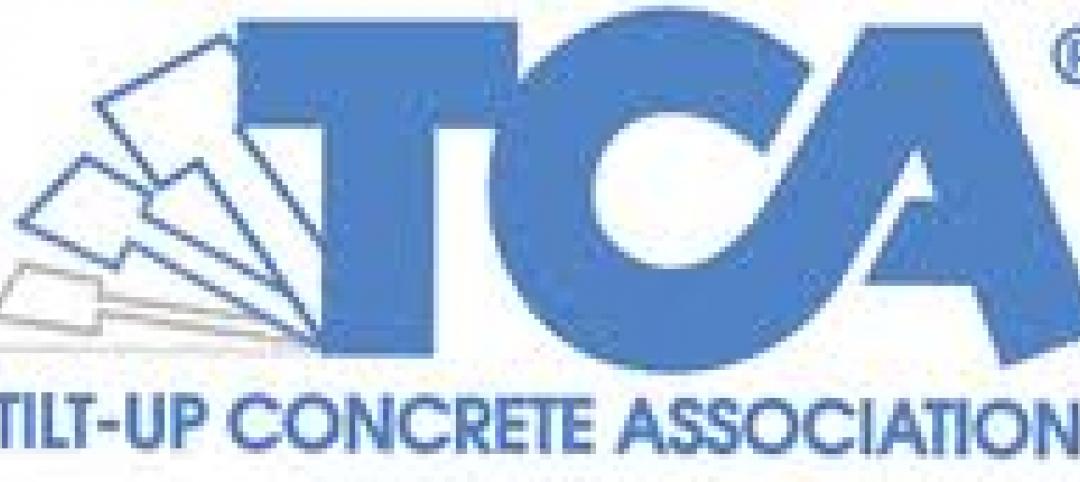The conveyance industry has come a long way since the country’s first passenger elevator was installed in a New York City store, back in 1856, by Elisha Otis. Today, we ride up and down an estimated 900,000 elevators in the United States, collectively making 18 billion passenger trips per year, according to the National Elevator Industry.
Growth in escalators and moving walkways, which debuted at the World’s Columbian Exposition of 1893 in Chicago, can double that figure in certain markets, such as airports. But that is not the only new development in the world of vertical transport.
After reading this article, you should be able to:
? Describe the benefits of new technology solutions for building vertical transportation systems in terms of energy efficiency, safety, and spatial flexibility.
? Discuss the applications of such energy-saving systems as machine-roomless elevators, double-decker and twin elevators, and destination-based controls.
? List several green building techniques and initiatives related to vertical conveyance systems.
? Explain how new codes affect elevator and escalator designs, and cite two or more examples of specific codes affecting their application, particularly with regard to sustainability.
To earn 1.0 AIA/CES Discovery HSW/SD learning units, complete the reading and take the 10-question exam.
Related Stories
| Jan 11, 2012
DOE announces guide for 50% more energy efficient retail buildings
The 50% AEDG series provides a practical approach for designers and builders of retail stores, and other major commercial building types, to achieve 50% energy savings compared to the building energy code used in many parts of the nation.
| Jan 11, 2012
Mortenson starts construction of Rim Rock Wind Project
Renewable energy contractor to build 189-megawatt wind project in Sunburst, Mont.
| Jan 9, 2012
FGM Architects acquires SRBL Architects
The firm reviewed gaps in each of the markets and identified a need in the municipal market for stronger police facility design expertise as well as additional project management and design expertise for this market.
| Jan 9, 2012
Shawmut appoints Les Hiscoe COO and EVP
In his new role, Hiscoe will focus on developing the Company’s field services divisions; national business in retail, hospitality, gaming, and sports venues; Tri-State business in academic and healthcare; sales and marketing; and human resources
| Jan 9, 2012
Thornton Tomasetti acquires green consulting firm Fore Solutions
International engineering firm launches new building sustainability practice.
| Jan 9, 2012
METALCON International 2012 announced
METALCON 2012 is scheduled for Oct. 9-11 at the Donald E Stephens Convention Center, Hall A, Rosemont, Ill.
| Jan 9, 2012
Lutron appoints Pessina president
In his 35-year career with Lutron, Pessina has acquired broad experience in the engineering, quality assurance and manufacturing areas.
| Jan 9, 2012
A new journey for KSS Architects co-founder
Kehrt's legacy of projects include Rutgers University's Biomedical Engineering Building, the renovation and expansion of Cornell University School of Hotel Administration, the recent new campus center at The Richard Stockton College of New Jersey and Princeton Township's Municipal Complex.
| Jan 8, 2012
TCA releases The Construction of Tilt-Up
The newest publication from the TCA is the second in a planned trilogy of resources covering the architecture, engineering and construction of Tilt-Up
| Jan 8, 2012
WHR Architects promotes Joel Colwell, AIA, to principal
With over 30 years of experience, Colwell has managed large-scale, complex projects for major healthcare systems as well as challenging smaller renovations and additions — all with notable success.

















